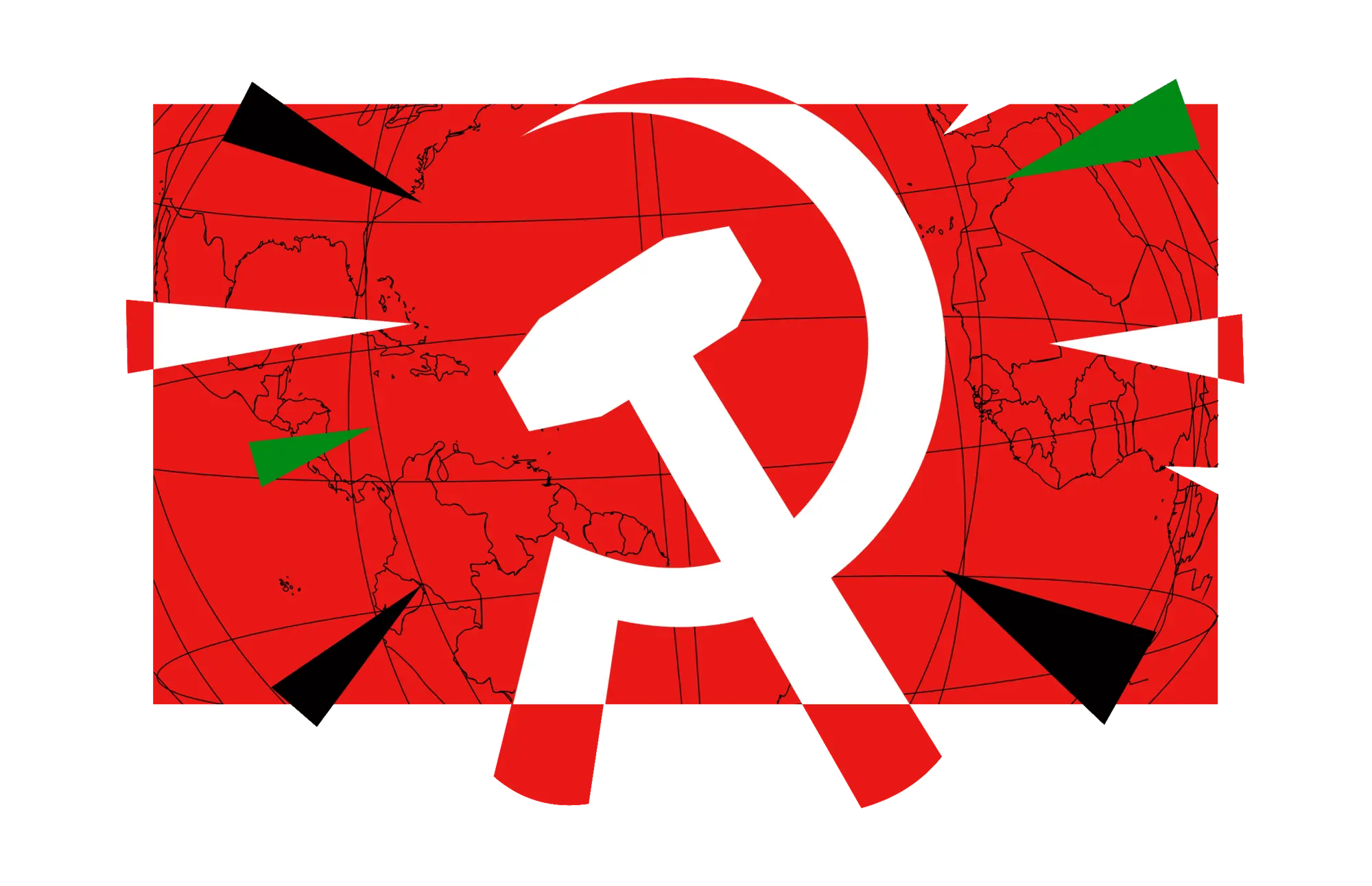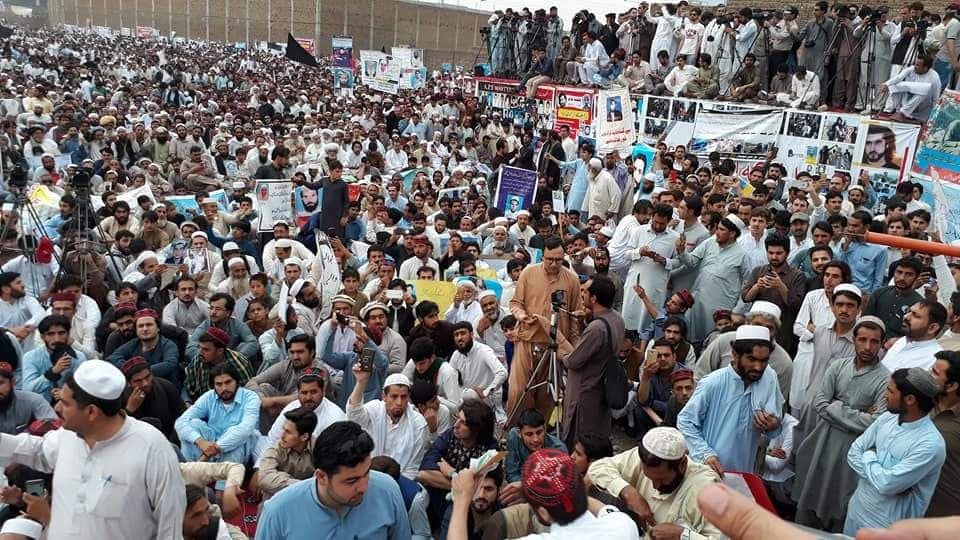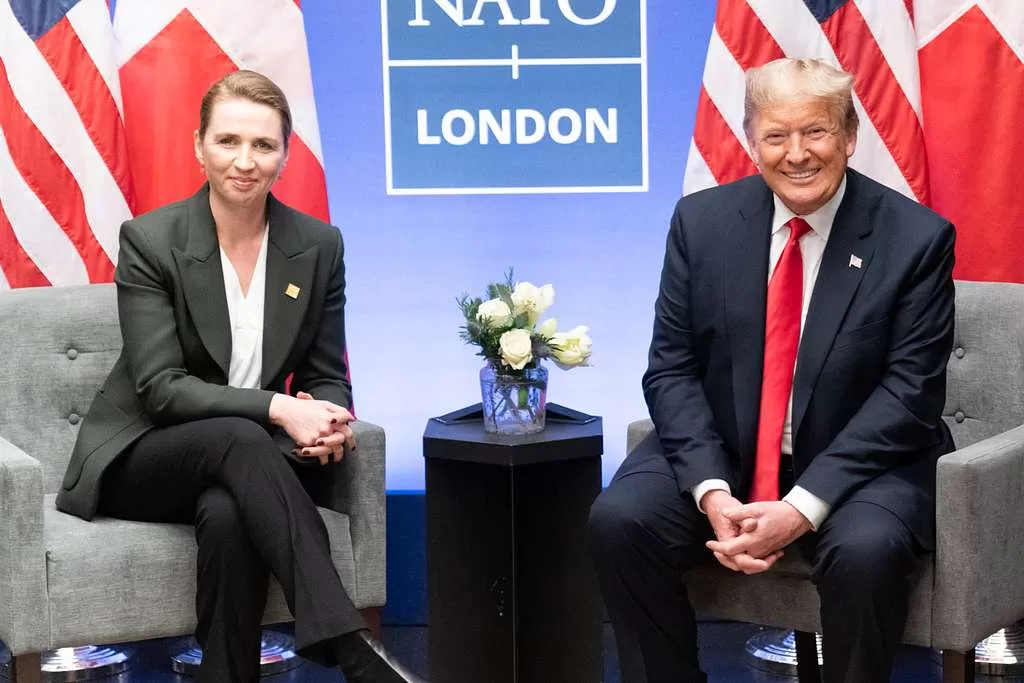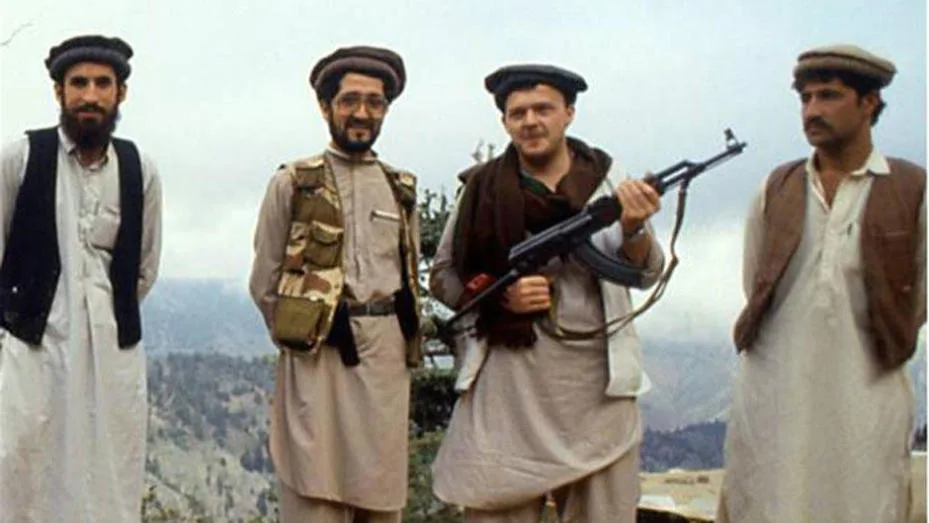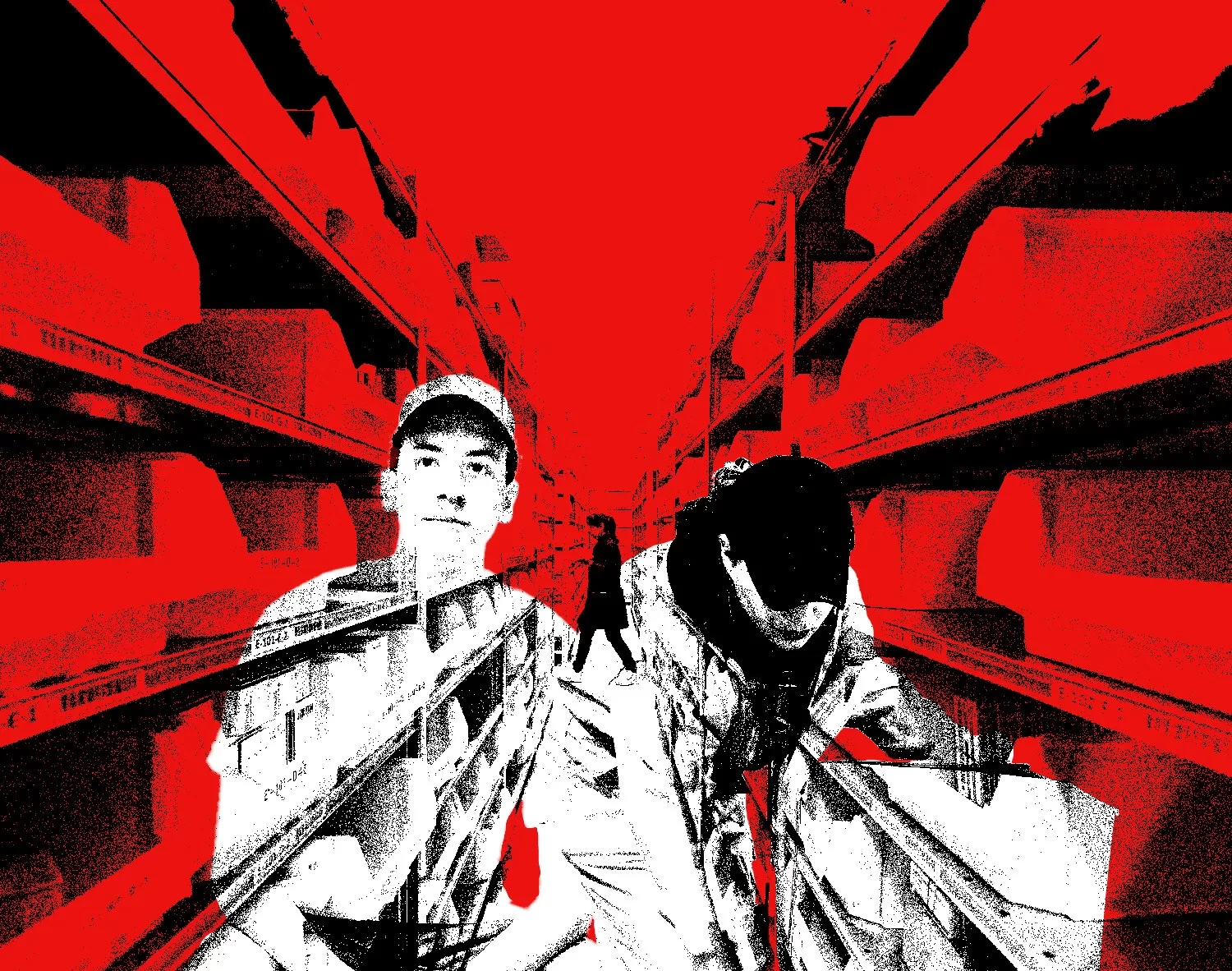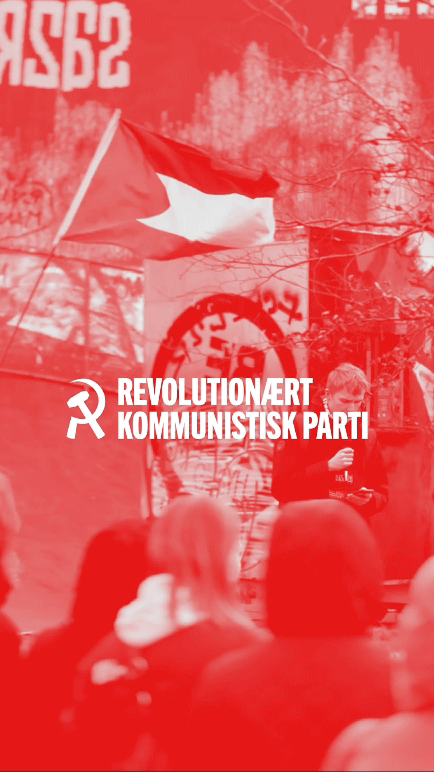In the beginning of February some unusual scenes of protest were circulated on social media in Islamabad. Thousands of Pashtuns marched toward Islamabad from the tribal area of Pakistan adjacent to the Afghanistan border. The aim of the march was to stage a protest in front of the press club in the capital city.
The protest was triggered by the extrajudicial killing of a young Pashtun man in Karachi, the industrial hub of Pakistan. The Pashtun region has been the epicenter of wars in the past four decades. The state oppression and intimidation has intensified in the past two decades, especially since the American occupation of Afghanistan in 2001. The military operations of the Pakistan army, Taliban and American drone strikes have made the region a living hell.
Historical wound
Historically, Afghanistan was a buffer zone between Czarist Russia and British India. Later as a result of unsuccessful British military expeditions into Afghanistan the British divided the border region between Afghanistan and British controlled India by a line drawn in 1896 named after the British diplomat Sir Mortimer Durand. The Durand line cut through the Pashtun areas, a wound which still haunts the region and the wounds are still as fresh as they were a hundred years ago. Later this division was exploited by American imperialism during the cold war against the Soviet Union. Today approximately 50 million Pashtuns are living in Pakistan and more than 30 million in Afghanistan. Under the British Raj the region was strategically left backward and the British Imperialists introduced the most draconian laws. When the British left after the partition of India, nothing changed. The Pakistani ruling class followed the same policy as their predecessor, not even cosmetic changes were introduced.
[Act now: mobilise all forces to save abducted Pakistani activists]
To counter the socialist revolution in 1978 in Afghanistan, the Americans, Saudis, Pakistanis and many others western countries launched a counter revolution by building the forces of Islamist Jihad. The Pashtun region on the Pakistani side was used as a launching pad for this. In the 80’s during the peak of the Jihad the region was visited by well-known western statesmen and diplomats to meet with Mujahedeen and give them moral and financial support.
The burden on the common people
As a result of the planned and strategic policies of both the British and the ruling class of Pakistan the region was left economically backward as compared to the rest of the country. Migration to the urban centers of Pakistan was historically common but the situation changed with the American occupation of Afghanistan in 2001. To protect its proxies from the American aggression, the Pakistani military used the area as a safe zone for these elements and the state and its media commonly referred to their proxies as the “good Taliban”. These groups were saved, for regional influence more specifically to intervene in Afghanistan once the Americans left. But there are serious problems with this policy. One is that Taliban is not one homogeneous group, rather it is divided and subdivided and that is difficult to control for Pakistan. The second serious problem is America and NATO. Pakistan is their ally in the war against terrorism and Pakistan has to somehow prove it is fighting the Taliban. Pakistan launched its first military operation back in 2004. In reality it was a full scale war where all the military capabilities were used. As a result of these barbaric military operations the already deprived region was destroyed completely. Anyone who came forward to resist or became a threat of resistance was either killed or “disappeared” by the military. At the same time the region became a testing ground for drones. The Americans tried to destroy the safe havens of Taliban which were obviously being “secretly” protected by its war ally, Pakistan. But the real victims of this brutal drama were the common people who lost everything: family members, houses and the means of livelihood. The common people are trapped between the Pakistani army, Taliban and the American drones. It was these common people who were the victims of this brutal war.
The economic migration was transformed into a flood of war refugees. Apart from economic hardships, those who reached the urban centers faced terrorist proliferation, many disappeared (kidnapped by the Pakistan security agencies) or were killed in staged police encounters like the one in Karachi in mid-January 2018.
The national question
Like class oppression, the national oppression has always been there since the birth of Pakistan in 1947 as a result of the partition of India. Later the failed revolution of 1968 lead Pakistan to break up along national lines in 1971. The split away part is now known as Bangladesh. But the breakup didn’t change the character of the state. The small nationalities like the Baloch and the Pashtuns still face national oppression. So it was natural that politics on national lines played a very important role from the very beginning of the state of Pakistan. Like the other nationalist parties in the colonial and semi colonial world in the 60s and 70s, the Pashtun nationalist parties were left-wing in their orientation. The slogans of bread and anti-imperialism were present in their manifesto and they had a good and friendly relationship with the Soviet Union. But after the collapse of the Soviet Union the ground beneath their feet crumbled. Soon after the collapse they made a U-turn and blatantly gave support to Western imperialism in the name of “liberalism”. Now since they don’t have any confidence in the masses they have to look somewhere else. They welcomed the American occupation of Afghanistan in 2001 on the naive slogans of liberalism and progress. Not only did they support the Americans but they even supported the military operations of the Pakistani Army in the region, the opposition to which was the very foundation of their nationalist policies. This policy was a total disaster and in consequences they lost their mass base rapidly.
The last straw
The killing of Naqeeb Mehsood on 11th January 2018 in a fake police encounter, was the straw that broke the camel’s back and it became a rallying point of unity against state oppression, the war and Taliban. A march was organised by common folks and lead to a sit-in in front of Islamabad press club under the open sky for more than a week. The official media outlets totally boycotted the protest, but it spread like wild fire through social media. The slogans were against state oppression, the military operations and for the right to live. The immediate demands of the protesters were:
1. Punishment for Rao Anwar (the police officer who killed Naqeeb) and his team.
2. Stop extrajudicial killing.
3. Remove the landmines in the region
4. Recovery of the missing persons.
After a week the state gave in. Immediately it released 100 missing persons in a single day, and asked for one month to fulfill the rest of the demands. But the protest spread to other parts of the region, and further demands were included. This protest became a beacon of hope. It gave the people courage to speak. It exposed the criminal actions of the military in this war. The Pashtun Tahafuz (protection) Movement (PTM) was born. One of the big gains from this movement is that people felt confident in their own power and strength. It was a small scale demonstration of the fact that only the working masses have the power to defeat imperialism, Islamic fundamentalism and state oppression.
Mass Mobilization and Public Meetings
After a one month deadline PTM announced rallies and gatherings in different parts of the Pashtun dominated areas. A 25 year old man Manzoor Pashteen led the march and became the voice of the oppressed and masses gathered around him. He brought the filthy role of state and state-sponsored groups into the spotlight, to the court of masses and sung the untold stories of oppression in the Pashtun area.
“Manzoor Pashteen has raised serious questions about army ‘operations’ going on in these areas for more than decade now. He says that army officers are in complete collaboration with Taliban and other Islamic fundamentalists and he is an eyewitness to many meetings between them. He says this is common knowledge for people of these areas that many army officers and Taliban members are good friends. But ordinary people are suffering due to these operations and hundreds-of-thousands were displaced from their homes, becoming refugees in their own country,” reports IMT in Pakistan.
The movement has encouraged thousands of other people to come out and raise their voices over these atrocities and share their own stories from the ‘War on Terror’. Inspired by this movement, huge protests have been organized in tribal areas of Bajaur and Landi Kotal, bordering to Afghanistan.
Last month, the PTM organized a long march from D.I.Khan to Quetta, with public meetings in Zhob, Qila Saifullah, Khano Zai and finally in Quetta, which is the capital of Balochistan. This got a marvelous response amongst Pashtun communities. Tens-of-thousands of people attended these public meetings, and participated in the discussions attacking the brutal role of the army and Pakistani state. In Qila Saifullah, a the state authorities tried to start a legal case against the leadership of the PTM, but due to pressure from the movement, the state authorities were forced to quash the case on an order of the High Court.
In Quetta, the public meeting attracted more than 50,000 people from all over Balochistan. Ordinary people from other oppressed nationalities also attended this meeting, including Baloch and Hazaras. A huge military operation is also underway against Baloch Nationalists, in which hundreds of politically active workers have been killed and tortured and their mutilated bodies thrown in the rubbish by the Pakistani state. This operation is targeting more ordinary people, including women and children, than those waging armed struggle. There is a seething resentment against the Pakistani state among Baloch masses and they are looking for ways to carry this struggle forward. Hazaras in Quetta are also persecuted by the Islamic fundamentalists with complete support from the Pakistani state. In a city where army checkpoints are present after every kilometre, these terrorists kill Hazaras on a regular basis without ever being confronted or arrested. A Hazara woman also addressed the public meeting in Quetta, which shows the huge potential for this movement to link with other oppressed groups in Pakistan. The presence and mobilization of women around this movement is a progressive development in this deeply conservative and backward society.
Peshawar
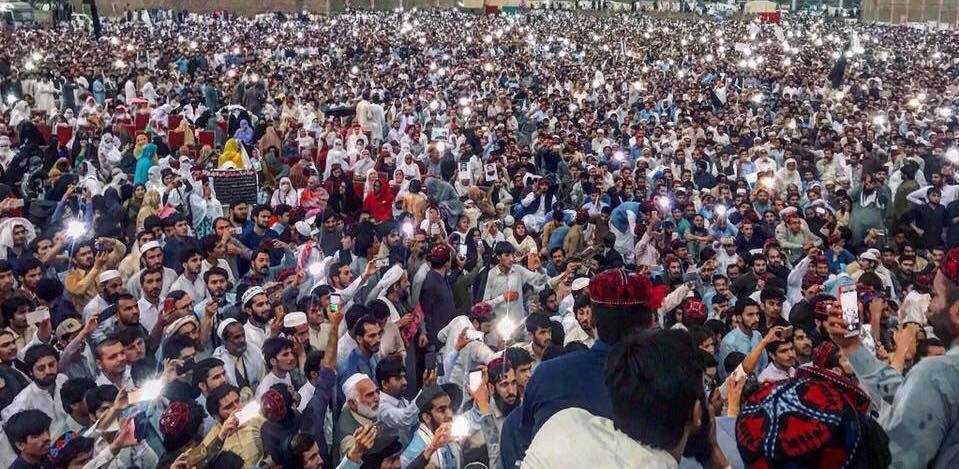 On 8th of April a huge public meeting held at Peshawar, around 70,000 people attended the gathering. The families of hundreds of missing persons attended the gathering carrying pictures of their missing beloveds. Pashteen criticized the military openly and said PTM is against every oppressor be they state or non-state actors. He also announced public meetings in Lahore and Swat.
On 8th of April a huge public meeting held at Peshawar, around 70,000 people attended the gathering. The families of hundreds of missing persons attended the gathering carrying pictures of their missing beloveds. Pashteen criticized the military openly and said PTM is against every oppressor be they state or non-state actors. He also announced public meetings in Lahore and Swat.
This movement has set off alarm bells in the halls of power and the ruling classes are trying their best to quell a rising tide of anger and disgust. This tide is directed towards the barbaric Pakistani state, which is a stooge of US, Chinese and other imperialist powers. After these gatherings around 200 missing persons have been released.
Lahore
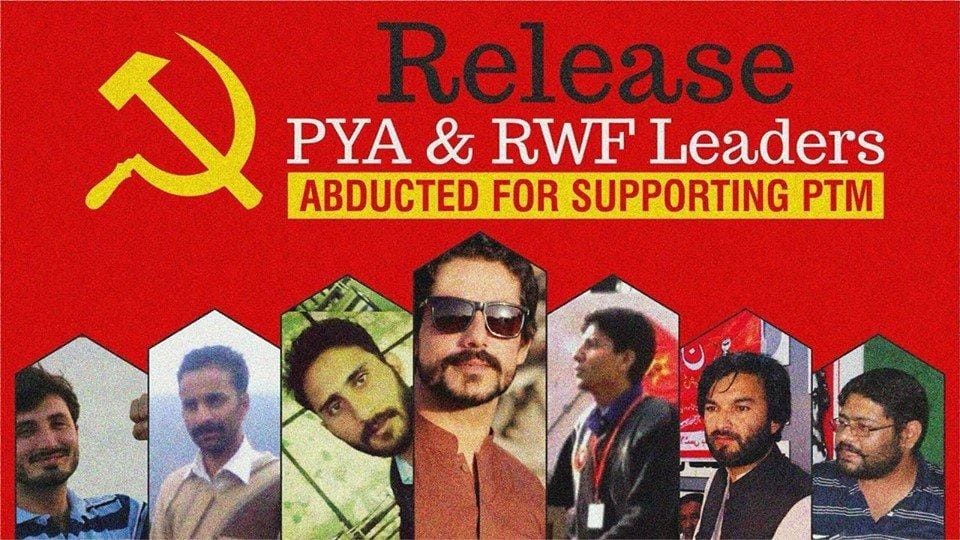 A huge public meeting was held in Lahore on 22nd of April. In connection to the meeting solidarity strikes were arranged in different parts of the country. Comrades of the IMT in Pakistan have intervened in the struggle from the beginning of the movement. In Karachi along with PTM supporters the Comrades of the Red Workers Front and the Progressive youth Alliance (Lal Salam) were part of the demonstration. After the demonstration 7 comrades of the IMT have been abducted by the paramilitary group Sindh Rangers under army command.
A huge public meeting was held in Lahore on 22nd of April. In connection to the meeting solidarity strikes were arranged in different parts of the country. Comrades of the IMT in Pakistan have intervened in the struggle from the beginning of the movement. In Karachi along with PTM supporters the Comrades of the Red Workers Front and the Progressive youth Alliance (Lal Salam) were part of the demonstration. After the demonstration 7 comrades of the IMT have been abducted by the paramilitary group Sindh Rangers under army command.
In a recent Facebook message Manzoor said “Since yesterday, 8 activists of the PTM (movement for the protection of the Pashtuns) are in custody of a paramilitary group. If you are not released by tomorrow, we will go on strike in the whole country. We won’t be sacrificed any more!”
The real friend of this movement is the working masses of Pakistan, Afghanistan and other countries in the region and the world. It is important to work together with the other movements of the working class. In this way, we will build our forces to deliver a decisive war against this outdated capitalist system and blood-soaked state through a socialist revolution.
[Join the IMT – contact us through marxist@marxist.dk]
